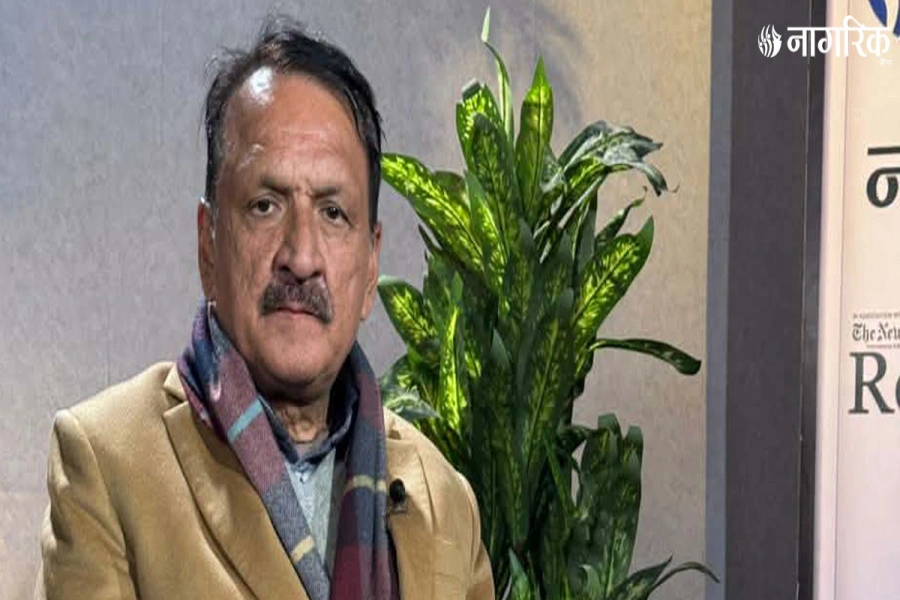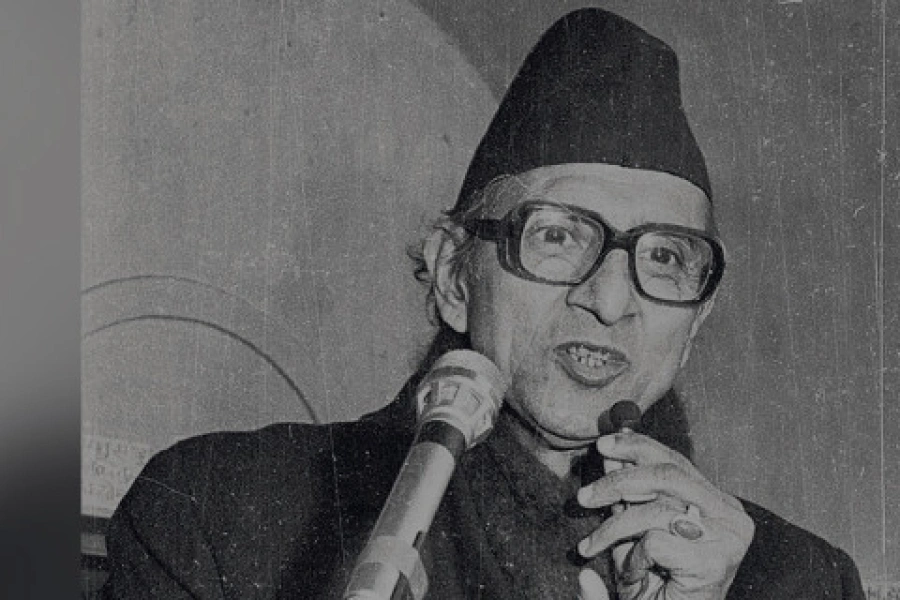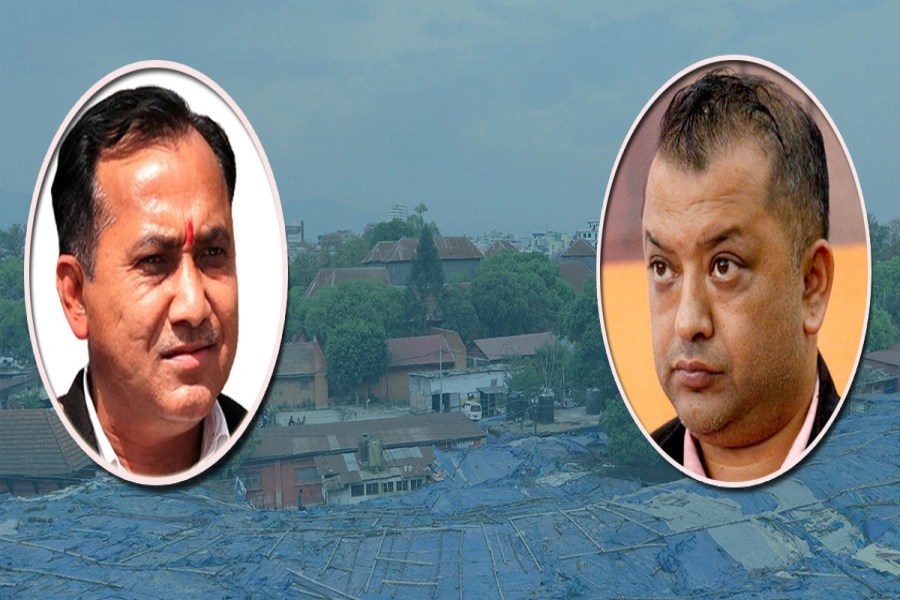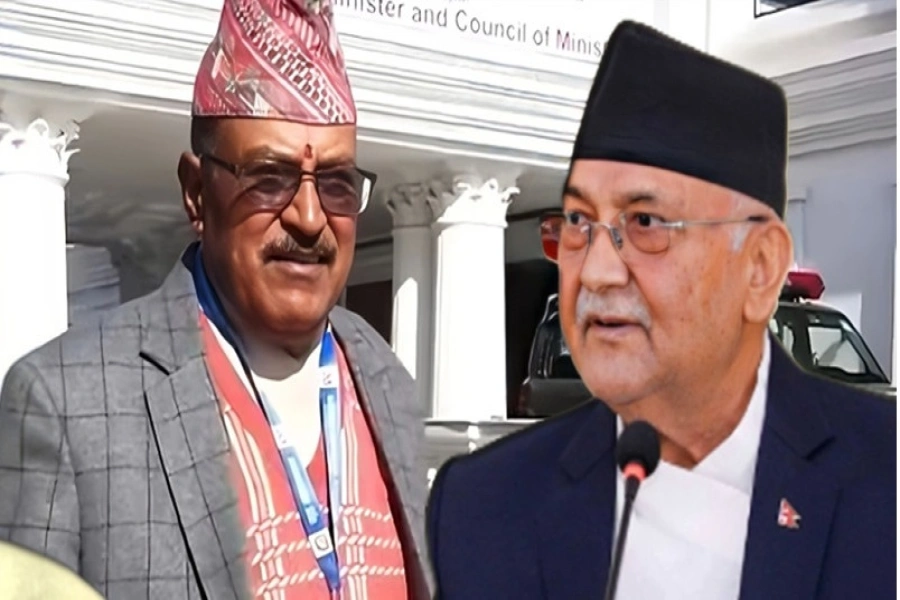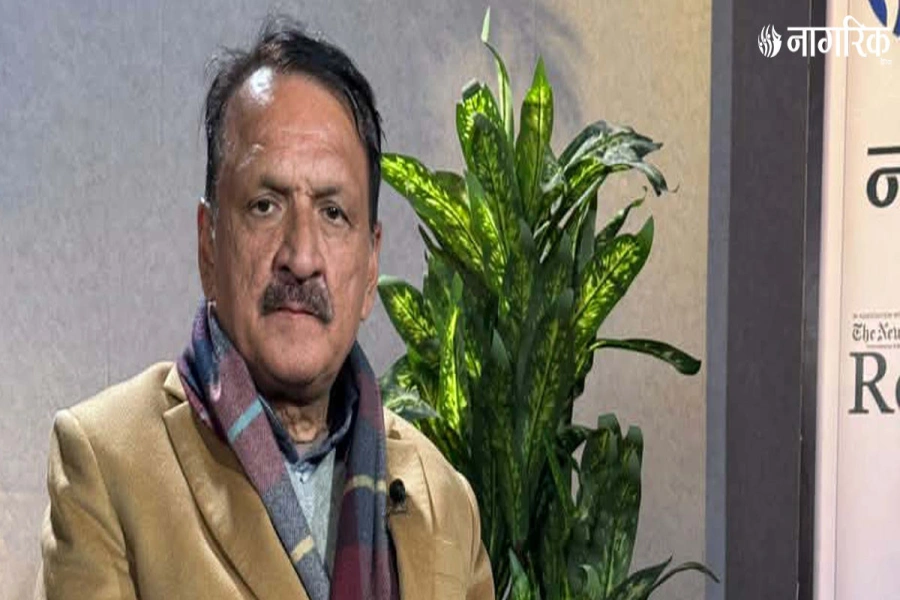Do not push your children to fulfill your unfulfilled dreams. Let them dream for themselves
“Sweet dreams are made of this
Who am I to disagree?
I travel the world
And the seven seas,
Everybody’s looking for something.”
- Eurythmics, 1983
Listening to this song from the early 80s made me think of dreams. Yes, dreams are very unique, meaning different things to different people. I believe everyone has a dream for himself or herself. Some might have big dreams and some small. Even your little ones, who just started school have a dream. If you ask your child they too have a dream. When asked, I will not be surprised if they respond, ‘I dream of the day, when I can sleep all day and do not have to go to school’, or ‘I dream of the day when I will get to play all day with no school work to do’. Dreaming is something we all do sometimes.
In 1963 American civil rights activist Martin Luther King Jr described his dreams of freedom and equality in his famous speech “I Have a Dream”. He also dreamt of civil and economic rights and an end to racism in the United States. Things have changed since then. Life has become less predictable. This unpredictability is surely becoming very problematic for many of us and, to be honest, there are no signs that the future generation is going to get things any better for that matter.
I was thinking of this all the way while I was returning from interacting with seventh and eighth graders of Bhimsen Adarsha Secondary School, Burunchuli, Lalitpur, having participated in a classroom program to inspire students to aim high and aspire to their fullest potential. This was one of the programs of Teach for Nepal. I kept asking myself all the way, ‘did I inspire them to dream big? Aim high?’ This is one answer that I will never know, but I am sure of one thing. That is, they had an opportunity to learn about other people, their struggles, and their dreams and how they fulfilled their dreams, and that they too can dream, and have it fulfilled too if they are committed to achieving them. I know some of you are thinking: Should children dream at all?
Children’s dreams
That depends on how you look at it. Unlike adults, children’s dreams have no ceiling. It’s inspiring to listen to their aspirations, goals and ideas. I remember dreaming to be a doctor when I grew up. I dreamed of myself wearing white coat. I had no idea what that entailed. My dream grew from seeing my cousin brother studying medicine. Some times I would think if I do not pass (I was mediocre student) to become a doctor then I could be an engineer, that too because my other cousin was an engineer. Neither happened because as I grew, my knowledge also grew, and I found out lots of other occupations that were fabulous. This was all when I was really small.
It’s high time we start right now

At the time of my dreaming, I had no idea how they became doctor or an engineer. I was too small at the time, but that did not stop me from dreaming. As I remember, children start dreaming at an early age. They think about their future career, their wealth, their education, and so on. Believe me their dreams can be huge.
Getting back to my interaction with the children, I asked them what they wanted to be when they grew up? The girls of seventh grade wanted to become teachers and the boys wanted to join the army. The first question that came to my mind was, why all the girls wanted to be teachers and boys wanted to be in the army? I speculated that is what they know they can do, or they don’t know of other professions or they did not have confidence in them that they can be anything other than what they chose for themselves. Then another question crossed my mind: Will their dreams change with exposure? Perhaps I thought.
All this conversation with the government school children made me think of other children in private schools. I am pretty sure that those in the urban area dream of other things as well. As far as careers go, some might think of becoming a police officer, or doctor. Some adventurous ones may choose to become a scientist or astronaut. Some might even think of choosing their parent’s profession, but that is not enough. Children need to know of other professions as well. It depends on us what our children dream.
I know some of you are a bit annoyed and are thinking how come we are responsible for what our children dream? You might be surprised to know that we have more control over whether our children achieve their dreams, than we might think. For children, parents are their inspiration to help them achieve their dreams.
How parents can help
For starters, do not deny their dream. I am pretty sure that some of you were not able to materialize your dreams and might think your children might not either. That I think is not the right way of thinking. Just because you did not does not mean they might not. You need to believe in your child because they believe in themselves. We need to think of possibility and not probability. Some might get the opportunity to achieve their dreams and some might not, but that should not stop us. We need to try and give our children what we can.
Next thing to do is not to get in their way. If they want to be an astronaut, do not deny their dream. Accept it and then help them to achieve their dreams. Provide them with information, guide them in the right direction and encourage them to go forward with their dreams. Encourage them to write down their dreams. Have them research, make a timeline for achievement, help them develop a plan to achieve it and emphasize on being focused. Let them understand clearly that you support their views. The other thing to do is to set a good example yourself. Children in the urban area have the privilege of good exposure but those in the villages do not. This is where Teach for Nepal’s ‘one day in the classroom’ comes into play.
This provides the children with that opportunity where they can look at the experts, hear their life stories and achievements and think ‘if they can, we can too.’ Some may even find some similarities to the hardship they are facing. Some of the experts were self-made people. Their background was not much different than what these children are facing now. This program provides the children with window of opportunity to dream big.
Finally, I thank everyone who believes in dreaming big. The issue here is not just initial dreams. It is about teaching children to believe that it is possible to achieve anything.
Yes, we all want the children to learn the process of achieving their dreams, so that even if their dreams change, their chances of success do not. So parents, it is up to us to be a haven of positive thoughts and outlooks, provide support without offering uninvited advice, and help them persevere when they’re looking down. That is one more thing parents have to think about of when raising their children.
Please do not push your children to fulfill your unfulfilled dreams. Let them dream for themselves. That is not difficult, right parents?
Pokharel is an educationist and author of several children’s books
usha@pokharel.net





